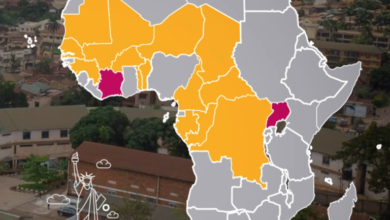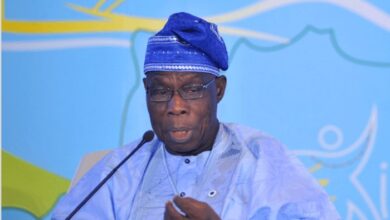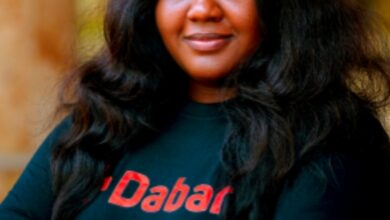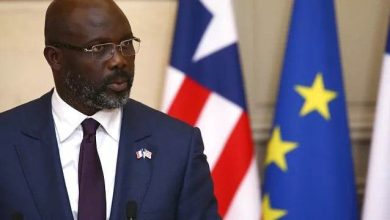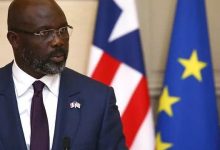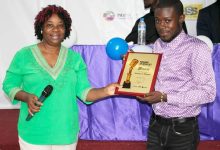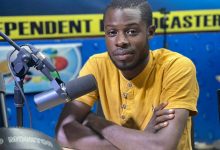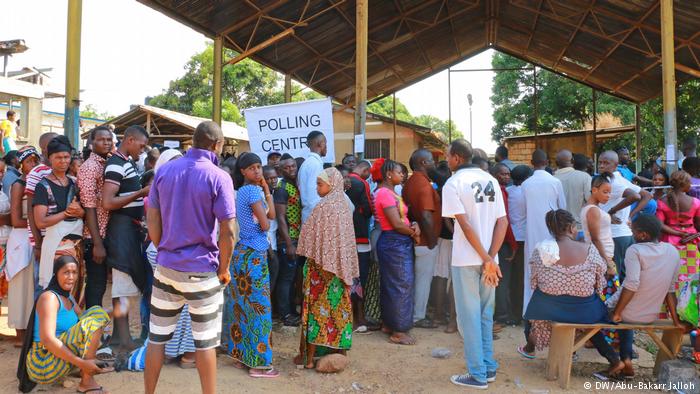
The country’s run-off election is set to take place as scheduled after the High Court lifted an interim injunction. But there are concerns that events the of the past few days may impact voter turnout.
The Sierra Leone High Court has lifted an order delaying the presidential election run-off, two days after it temporarily halted the vote, which is scheduled for Tuesday.
Lawyers for the National Electoral Commission (NEC) said the injunction order had already thrown the country’s election into “chaos”. The NEC requested moving the run-off to the alternative date of March 3.
The upcoming vote will see ruling party candidate Samura Kamara face off opposition candidate and leader of the Sierra Leone People’s Party (SLPP), Julius Maada Bio.
Bio won the initial March 7 election by a thin margin, securing 43.4 percent of the vote compared to Kamara’s 42.7 percent. But because neither candidate secured the 55 percent of the votes needed to govern outright, a run-off election was scheduled for March 27.
Fraud claims behind the injunction
On Saturday, High court justice Abdulrahman Mansaray granted an interim injunction which would prevent the runoff election being held as scheduled, based on fraud claims made by a lawyer linked to the ruling All People’s Congress (APC).
Leaders of 27 civil society organizations issued an official statement which condemned the initial ruling of the High Court, claiming it was a ploy by the APC to manipulate the outcome of the election.
Sierra Leone police are investigating approximately 200 cases of alleged electoral fraud around the country. Most incidents involve over-stuffed ballot boxes — in some cases by up to more than 200%.
Bio addresses government corruption
Speaking with DW the day after the initial injunction, Bio expressed concern over government corruption in Sierra Leonne in the wake of the APC’s request to halt the run-off.
“[Corruption] is a threat to our development and a threat to the security of this country,” he said, “we have put in place measures like the Anti-Corruption Commission (ACC). We have the necessary laws. What is lacking is the political will to support them.”
Incumbent President Ernest Bai Koroma will leave office after serving the constitutional limit of two five-year terms, however, the opposition has repeatedly accused him of corruption and mismanagement.
Bio had called on the people of Sierra Leone to come out and demand their hard-fought-for right to democracy and peace, in the event the run-off election was not carried out as planned. However, he still supported the actions of the NEC.
“The NEC has been doing its best,” he said, “I can say they have been 110 percent in my personal estimation of their work. We have had issues with them, we’ve expressed our concerns to them, and they’ve always addressed them.”
Major implications for voter turnout
Although the run-off has been given the all-clear, observers suggest the uncertain situation over the past few days may influence voter turnout.
A significant portion of Sierra Leone’s electorate must travel to other regions of the country where they are registered to vote, leading to the largest mass movement of people within the country since the end of the civil war in 2002. In the lead-up to today’s decision, many were unsure whether or not they should travel, given how problematic it could be to reach their polling center at short notice.
This month’s election has also led to a spate of politically-motivated violence, hate speech and tribal-based messages of dissatisfaction. The authorities have implemented a so-called Military Aid to Civil Power (MACP) policy, a form of joint military, police and civilian control which is generally implemented when the security level is raised to a higher level than ‘normal’ circumstances.
The National Electoral Commission also placed a temporary ban on the distribution of polling materials across the country following the injunction.
The elections have brought everyday life in Sierra Leone to a near standstill for many, with schools and the business community particularly affected.
DW

